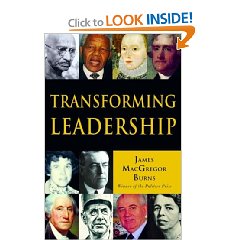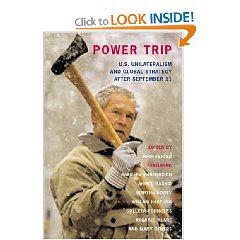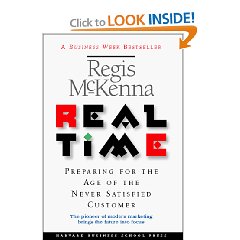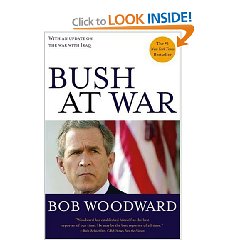Former spy Robert Baer, author of See No Evil: The True Story of a Ground Soldier in the CIA's War on Terrorism, makes the leap from intelligence reformist to national mentor with his new book, “SLEEPING WITH THE DEVIL: How Washington Sold Our Soul for Saudi Crude.” Indeed, his last sentence has the White House laying in the moonlight with its legs spread, lustfully eyeing the Saudi wallet on the bureau.
This is an extraordinary compelling work, not least because it provides detailed and documented discovery not previously available, of how the U.S. government has over the course of several administrations made a deliberate decision to a) not spy on the Arab countries, b) not collect and read open sources in Arabic, c) not attempt to understand the sub-state actors such as the Muslim brotherhood, despite a long history in which these groups commit suicide to achieve their objectives, including the murder of several heads of state.
Baer's most brutal points should make every American shudder: it is America itself that is subsidizing terrorism, as well as the corruption of the Saudi royal family. Baer's documented estimate is that $1 dollar from every barrel of petroleum is spent on Saudi royal family sexual misbehavior, and $1.50 of every barrel of petroleum bought by America ultimately ends up funding extremist schools, foundations, and terrorist groups.
Baer has “gone back in time” to document how all of this terrorism began in the 1970's, but despite its terrible local consequences (including the assassination of heads of state), was ignored by Washington as “a local problem.”
In one lovely real-life account, Baer, then duty officer at CIA while Iraq poised to invade Kuwait, found that the $35 billion per year system was useless, impotent. It came down to his calling the chief of station in Kuwait, who called a border guard, who lifted his binoculars and described the Iraqi tanks stopped for lunch. Baer says: “As I waited, I wondered: Is this what all that money for intelligence is buying us? A pair of binoculars?”
Baer joins with Robert Kaplan in concluding that democracy in Arabia would be an out and out disaster. The decades of Islamic extremism and anti-Americanism run amok cannot be resolved by democratic elections because the very people who most hate America will be elected. Baer observes that “strongman tactics” such as used by Saddam Hussein and by the Syrian leadership–including a “scorched earth” campaign against the internal terrorist groups–are a more stable “rule of law”. One can conclude that the US has made a mistake in destabilizing Iraq, and that the imposition of a democratic solution in Iraq will turn out to be vastly more difficult, and vastly more expensive, than the naive neo-conservatives understood when they set forth without bothering to establish who was in the majority within the population being “liberated.”
Saudi Arabia has bought and paid for all the White House and Congressional influence it needs. This is why the recently released 9-11 report contains no mention of the secret documentation of Saudi Arabian complicity in the terrorism that took 3,000 American lives. As Senator Shelby noted on PBS NewsHour recently (he has read the secret report), 93% of the blanked out pages, and specifically those on Saudi sponsorship of terrorism against America and other nations, is a “con man's” effort to avoid “embarrassment.” As the families of the 9-11 victims have said, “we need to know.”
Baer is extraordinary. He was a success as a case officer (a clandestine representive of America dealing with traitors and terrorists under conditions of extreme risk), and he has now become a sort of “Patrick Henry” of the modern era, warning us in clear and compelling terms that White House corruption (a non-partisan recurring corruption) and Saudi Arabia are the twin swords upon which this great Nation may yet impale itself.
Other books Americans need to read (or at least read the reviews):
Vice: Dick Cheney and the Hijacking of the American Presidency
Running on Empty: How the Democratic and Republican Parties Are Bankrupting Our Future and What Americans Can Do About It
Breach of Trust: How Washington Turns Outsiders Into Insiders
Legacy of Ashes: The History of the CIA
Fiasco: The American Military Adventure in Iraq
The Battle for the Soul of Capitalism: How the Financial System Underminded Social Ideals, Damaged Trust in the Markets, Robbed Investors of Trillions – and What to Do About It
Crossing the Rubicon: The Decline of the American Empire at the End of the Age of Oil
Rule by Secrecy: The Hidden History That Connects the Trilateral Commission, the Freemasons, and the Great Pyramids
9/11 Synthetic Terror: Made in USA, Fourth Edition












